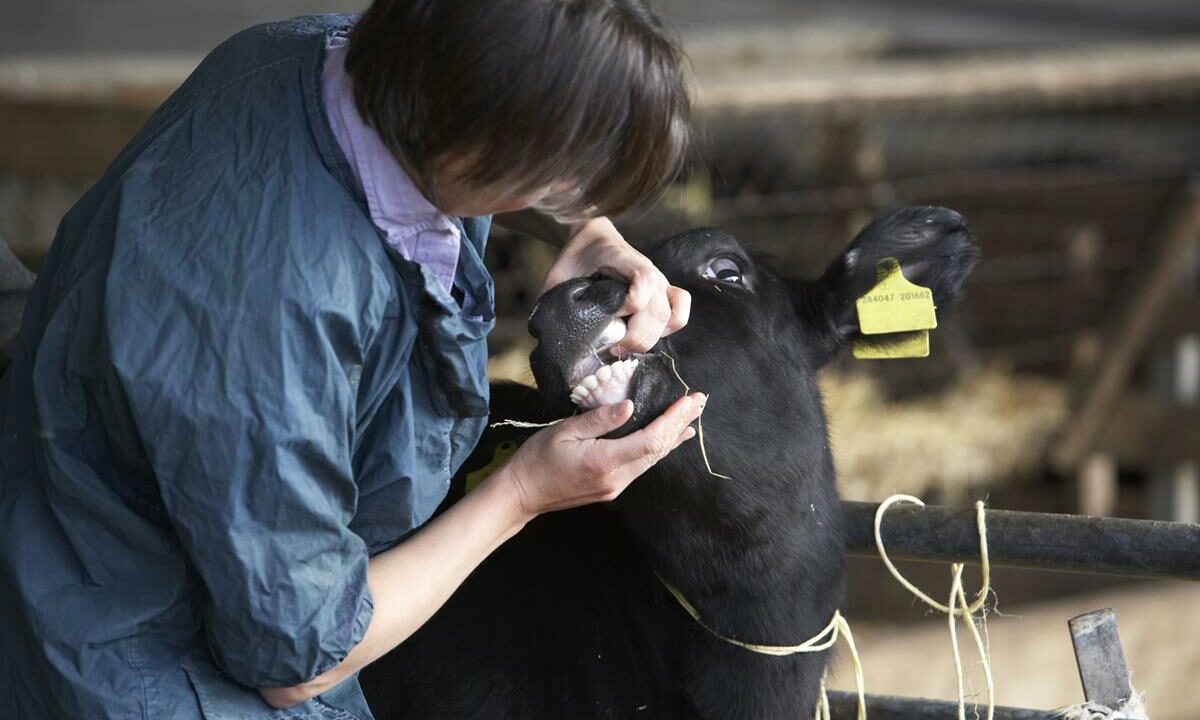The evolution of exotic diseases is monitored very closely by the Department of Agriculture, Food and the Marine.
Monitoring takes place in consultation with international organisations such as the World Organisation for Animal Health (OIE), World Health Organisation (WHO) and the UN Food and Agriculture Organisation (FAO) – as well as with the EU Commission and Ireland’s EU partners.
Contingency plans are in place for potential outbreaks of foot and mouth disease, classical swine fever, African swine fever, bluetongue, avian influenza, Newcastle disease and rabies, according to a spokesperson for the department.
Continuing, the spokesperson said: “In addition, many protocols, advice leaflets etc have been drafted to assist in controls on equine diseases and other exotic diseases of livestock – eg lumpy skin disease.
These plans and documents are continually reviewed and updated and we run simulations that test various aspects of these plans on an ongoing basis.
“The department maintains very close contact with the Department of Agriculture, Environment and Rural Affairs (DAERA) in Northern Ireland and DEFRA in London – and veterinary staff from the department participated in the recent Blackthorn exercise in the UK and in Northern Ireland.
“There are no immediate plans to run such a large-scale exercise here.”
Also Read: Exercise Blackthorn: If Foot and Mouth broke out today what would happen?The Irish Department of Agriculture continues to review all aspects of its contingency arrangements in light of any emerging veterinary or scientific information, and it introduces such measures which are considered appropriate, the spokesperson explained.
The multi-agency effort – dubbed ‘Exercise Blackthorn’ – involved: senior figures from the civil service; police and fire and rescue; as well as industry representatives – such as those from meat plants and the Ulster Farmers’ Union (UFU).
